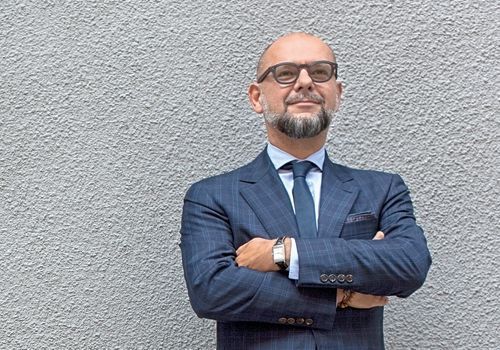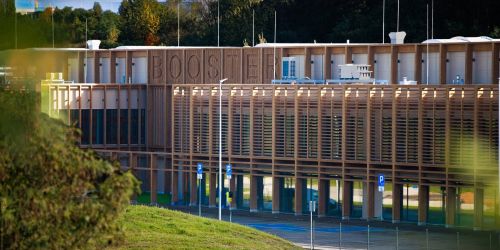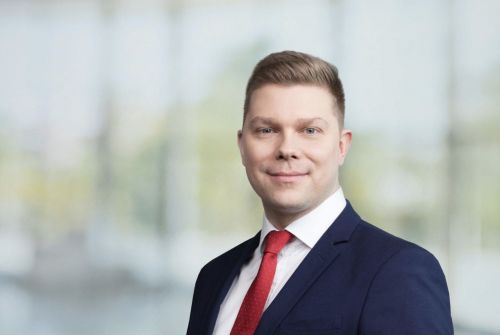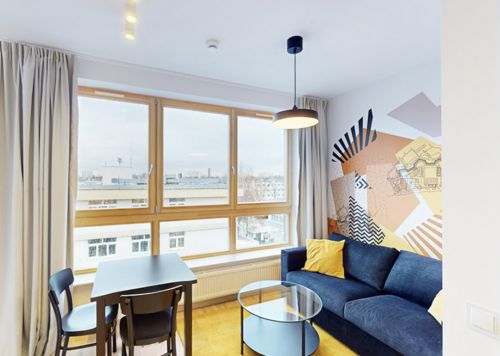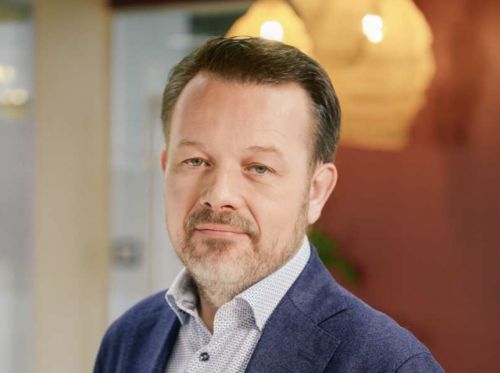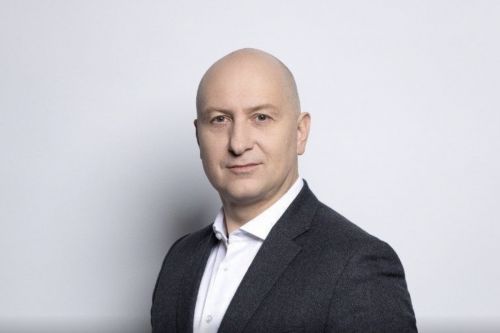Ewa Andrzejewska, ‘Eurobuild Central & Eastern Europe’: The beginning of September was rather a hot period for Griffin. So the summer must have been very intensive...
Przemysław Krych, CEO, Griffin Real Estate: The most important thing was closing the deal with Redefine to buy Echo Polska Properties (EPP). We also kept meeting with investors and prepared the IPOs of EPP in Luxembourg and Johannesburg. The company offered app. 71.5 mln shares priced at EUR 1.45 per share to invited investors. The flotations have enabled EPP to raise EUR 100 mln. It is worth noting that the subscriptions carried out as part of the private offer ended in considerable over-subscription.
EA: So how would you gauge the mood of investors – particularly after the Brexit vote?
It’s worse than before, due to the growing feeling of insecurity across Europe. This is not only about Brexit, but also the concern over the elections in France. The mood is affected by politics –
